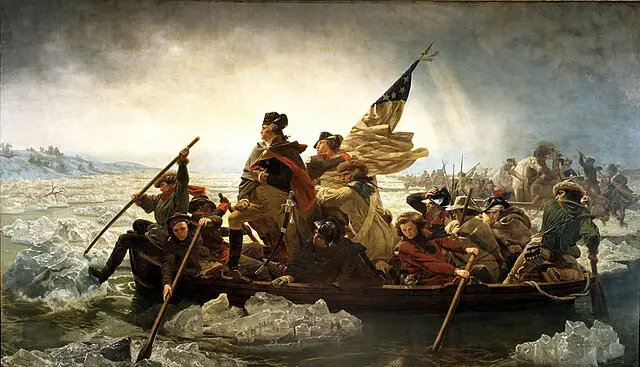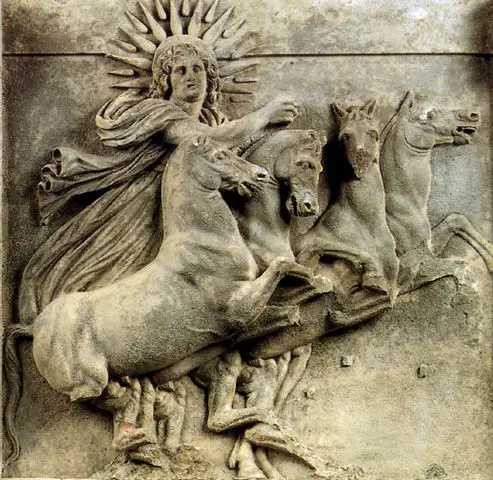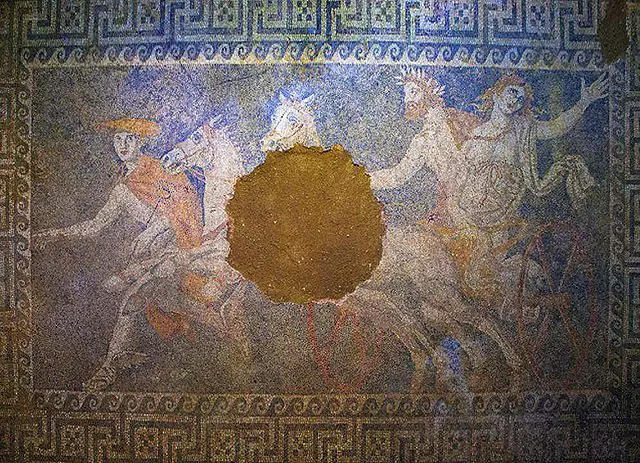| Born | 23rd September, 63 BC |
| Died | 19 August, 14 AD |
| Famous Quote | “Practice, the master of all things.” |
| Known For | First Emperor of the Roman Empire, Taxation based on population, creation of many civic liberties. |
| Area Of World | Europe, Italy, Rome |
Almost 2 millennia ago, for a brief period one man had a net worth of $4.6 trillion dollars. In 27 BC Gaius Octavius Thurinus would ascend to become the first Emperor of Rome and rename himself Augustus. To this day we can feel the accomplishments of this one man upon history. A simple observation of this would be the month August, which is named after Augustus.
Augustus existed during a time of great conflict within the Roman Empire. From the 1st century BC up through his ascension, the Roman Republic saw two civil wars, violence and murder within the city, outside wars, and slave uprisings. The people of Rome, the populus Romanus, grew tired of the constant conflict. Augustus would eventually unite the people of Italy and the Roman provinces under one banner and forever change the world.
Out of the hundreds of accomplishments attributed to Augustus here are 3 that stand out more than others.
- Created A Unified City Police and Fire Force
- Unification of Roman Provinces into the first Nation State
- Created The World’s First Modern Economy
Here at The History Ace I strive to publish great history articles. If you like content like this then feel free to share around and subscribe to the free newsletter to remain up to date on all things history.
Without further ado, here are the 3 greatest accomplishments of Augustus.
1.) Created A Unified City Police and Fire Fighting Force
When building Rome the founders decided that the city should be placed in a recessed area with 7 hills. A river flowed through this area and it was close to the sea. This in theory makes a great spot for a city. However, Rome would see itself defeated every century by the same enemy…fire.
Over time Rome would be built up and destroyed by fire. The timber houses, shops, and temples would routinely catch ablaze and spread to other sections of the city. This was a massive problem for a city that was always growing in population. By the time of Augustus, the city of Rome needed to have a way of combating the spread of fire.
Because of these constant fires, Augustus upon becoming the first Emperor created a firefighting force. This allowed Rome to explode in population and finally defeat its arch-nemesis, fire.
This new force was called the Vigiles and not only did they fight fire they also policed the city as well. This joint force would stabilize the ancient city and allow for Rome to grow into the world power that it would become in the coming centuries.
It was these Roman firefighters that allowed Roman cities to grow to massive heights during the ancient era. During the Roman Empire, several cities would emerge with populations of over 200,000 people. At this point, fire was a bigger enemy than any invading force. Augustus fixed this problem by creating the first firefighting force in history.
To this day we can see this effect on every city in the world. The act of having firefighters was not new in Augustus’s time, however, the act of creating a civic force just for protecting the city was new.
Before Augustus’s time guards were picked out to perform these duties. This caused logistical problems as cities became bigger over time. This was because firefighting is a profession that is skill-based. Random people who are not trained can not put out massive fires or stop them from spreading.
Augustus’s creation of dedicated city protection forces allowed Rome and other cities to grow to massive sizes. Today all towns and cities in the world employ the same civic forces that Augustus set up 2,000 years ago.
2.) Unification of Roman Provinces Into The First Nation-State
Augustus’s greatest accomplishment is the unification of the Roman provinces under one cultural hegemony and head of state.
During the late Republic outside the city, few people considered themselves Roman. Instead, the people in the provinces were Roman subjects, people under Roman rule. This caused strife and shortly before Augustus was born the Roman Republic saw a war between the city of Rome and the Italian allies surrounding it. Subsequent historians would call this war the Social War.
The whole point of the Roman Social War was to give the Italian Allies citizenship in the Roman Republic. The Italians at this point had adopted Roman culture and values, thus they argued they should be considered citizens. This however created large problems with the power dynamic of the Roman Republic.
The Roman Republic at the time had no process for this and opposed expanding their citizenship basis. After 4 years of brutal fighting, the Romans would give the Italians citizenship. This was the first instance of proto-nation-building in western Europe.
Augustus would learn about this event during his youth. Upon becoming emperor Augustus would push Roman culture and iconography across all the Roman provinces. As a result of this much of Augustus’s efforts to create a unified Roman nation-state were successful. Today we can find coins minted during Augustus’s reign in France, Egypt, Greece, and Spain. All of these coins bear the same resemblances to each other demonstrating a unified Roman culture.
Each of these provinces would become Romanized over time. Because of this, we can see Augustus as a great nation builder that united several cultures into one.
To this day we feel the effect of Augustus in the realm of politics, military, and group identity.
3.) Created The World’s First Modern Economy
Before the Roman Empire, each province would contribute taxes to appointed taxmen who in turn would report to the Roman Senate.
This excessive bureaucratic bloat caused inefficiency in tax collection. Augustus streamlined this process and created an imperial tax collection service. This imperial taxation service would drastically increase the profitability of the empire. Further, Augustus would institute several civic measures designed to provide for the Empire’s citizens.
One such civic measure was the aerarium militare , a military fund to pay pensions for retired veterans. Up until this point, veterans had to hope that their individual commanders would pay for their retirement after their service was up. To this day we can see Augustus’s influence on our modern social security systems.
Outside the Empire, Augustus would take charge of international trade. During the Republic, each province was free to conduct trade as it saw fit. This included outside trade. Naturally, this would lead to host problems during the Republic. Augustus created the first national trade system that sought to control what was traded internationally and set firm prices.
During the reign of Augustus, the number of trade ships in the Mediterranean exploded. We know this from the number of shipwrecks found that date to the period of Augustus. During the early empire, there were about 4 times as many ships conducting trade!
All of this demonstrates that during the time of Augustus Rome was flourishing and becoming wealthier than ever. This was because of a newly created Imperial bureaucracy that sought to streamline the entire economy.
Today the nations of the world have entire departments or services set up to monitor and control international and domestic trade. Before Augustus other rulers tried to implement similar policies but because of the massive size of the Roman empire along with its efficiency of it Augustus’s method lingers to this day.
Conclusion
There you have it; the 3 greatest accomplishments of Augustus. While there are many more such as military reforms, civic liberties, and architecture/transportation few compare in lasting impacts as the above mentioned.
This is why when Augustus was on his deathbed one of his last words was “I found Rome a city of bricks and I left it a city of marble.”
Here at The History Ace I strive to publish history articles that explain, inspire, and help others understand what came before. If you like the content like this then feel free to subscribe to the newsletter and share around the internet.
Further, you can check out some of the other articles below.
-
How The American Revolution Changed The World

Here is how the American Revolution changed the world. Many people are not aware of just how important this event actually was.
-
Why The Roman People Loved Chariot Racing

Why did the Roman people love chariot racing? Well it all comes down to these 3 reasons.
-
The Design and Color of Roman Chariots

What was the design and color of Roman Chariots? Were they faster or slower then normal chariots? Well here is everything!
Until next time, I hope you find history as thrilling as I do.
Sincerely,
Nick